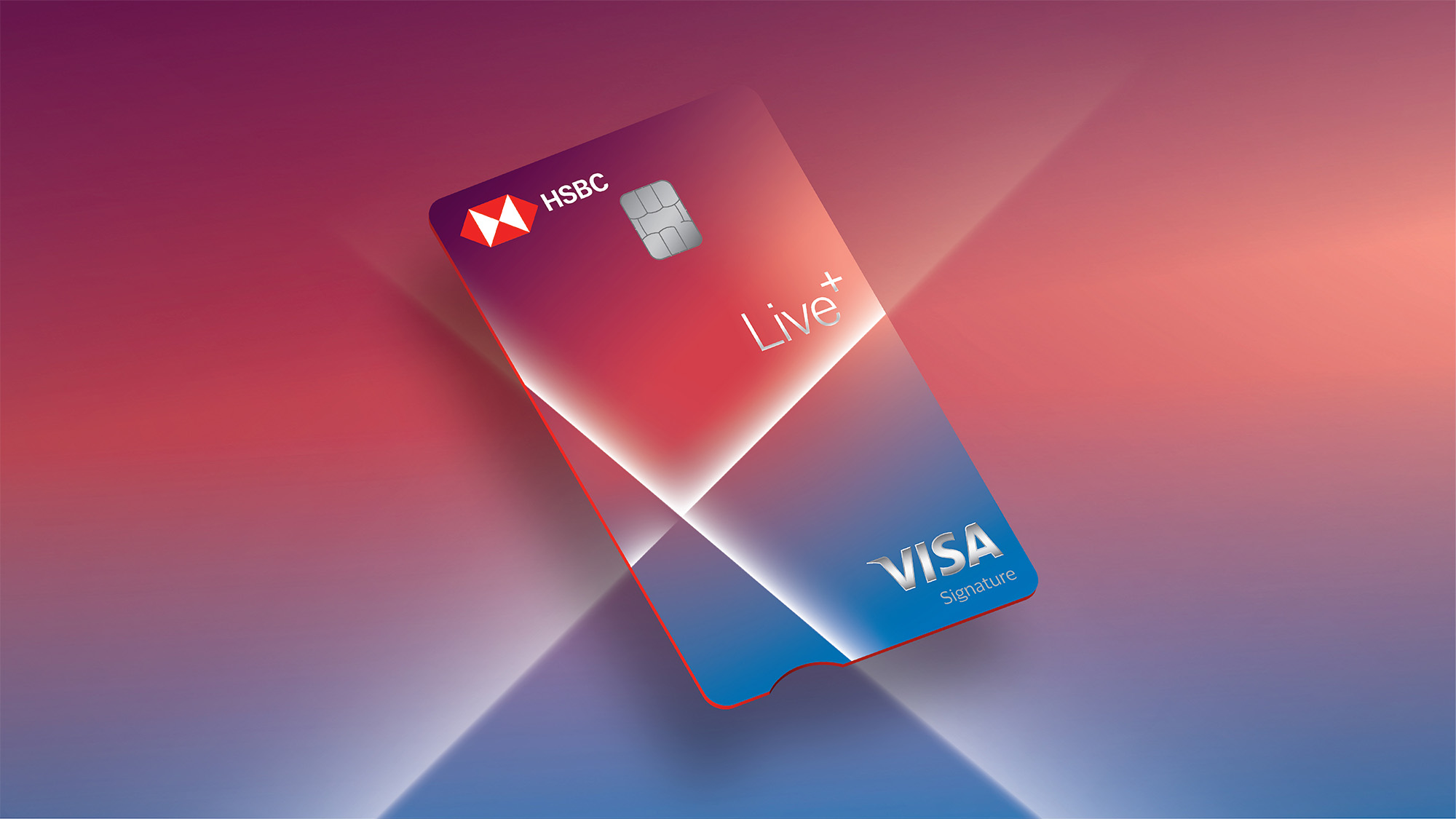Did you find this article useful?

Credit cards are a convenient way to buy things now and pay for them later, which helps to manage your cash flow. They also offer a range of benefits and rewards, like cashback and air miles. So it’s understandable that credit cards have become a preferred payment method in India, and that more people are using them.
But there’s a catch: many people don’t understand the proper use of a credit card. It’s easy to spend up to your credit limit and not worry about having to pay until later. This is why some credit card users struggle with their repayments and fall into credit card debt.
If you spend wisely and pay your balance in full every month you can avoid this. These tips can help you use your credit card effectively.
Explore: Credit card eligibility
First, make sure your credit card caters for your needs. If you already have one or are thinking about getting one or upgrading, think carefully about what are the uses of a credit card you need. What are your goals? Are you planning to make a big purchase? Do you want to earn points and rewards? Or are you just looking for something for daily use?
Compare different credit cards and see which offering best suits you. Also, look at the fees, such as representative annualised percentage rate (APR). You may find that you can save money or enjoy additional benefits by choosing a different credit card.
The adage ‘don’t bite off more than you can chew’ applies perfectly to credit card use. Your credit card limit may be much higher than your monthly income, so it’s important to keep a tab on your spending. Before you use your credit card to buy something, ensure you can pay that amount back, or have a repayment strategy.
Remember, if you don't repay the full balance before the due date, the credit card issuer will charge you interest, which can accumulate quickly. If you can’t do this, try to pay more than the minimum to reduce the interest.
Paying your balance in full every month is not only a smart way to use a credit card, but it also helps you improve your credit score. This, in turn, means you build a good credit profile, and you could get a better deal on a personal or home loan in the future.
If you're having trouble paying your credit card bill, consider setting up a recurring auto debit or think about a credit card balance transfer.
One of the best ways to use a credit card wisely is to be careful with the credit limit on your card. If you have a high credit limit available, it can be tempting to make purchases up to the maximum limit. However, such spending can harm your financial health and credit profile.
Your credit limit should be at a level that you’re comfortable with. If you need some extra flexibility and you know you can manage the repayments, then you can ask your credit card provider to increase it. And if you’re worried about the temptation of overspending, you can ask for your credit limit to be reduced.
A good rule of thumb is restricting your credit card usage to less than 60% of your available limit. For instance, if your credit limit is INR100,000 then don’t spend more than INR60,000. This will help ensure you can repay and maintain a good credit record.

Dine, shop and have fun with extra cashback.
Most credit cards have a monthly billing cycle. Make sure you understand when your billing date falls to make the most of your interest-free period. If you can time your purchase immediately after the bill is generated, you’ll have an interest-free period of about 45 days to repay. Depending on the credit card you use and what introductory offers you may have received, the period could be even longer.
Using your interest-free period makes managing your debt easier by giving you more time to clear the balance. But remember, you’ll be charged interest on the outstanding balance once the new billing cycle starts, so make sure you can afford to repay what you spend.
Credit card fraud and online scams have increased, so be vigilant of anything suspicious or unusual. To avoid being a victim of credit card fraud, be sure to use the card only at trusted merchants, both online and offline.
HSBC offers credit card insurance which includes online fraud protection and covers lost cards and the counterfeit and skimming of cards.
Explore more: HSBC online security and secure usage guidelines
Almost all credit cards come with a wide range of benefits, exclusive offers and rewards. These include cashback, air miles, points, discounts, vouchers, free movie tickets and perks like airport lounge access.
Look closely at your credit card's reward programme and make the most of the discounts and offers available. This can help you save money if you use the benefits wisely. At the same time, think carefully about whether you’re likely to use all the rewards on offer, and whether they justify the cost of the credit card.
Explore: Credit card rewards
Did you find this article useful?


